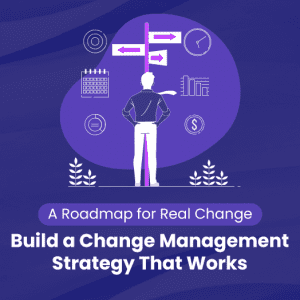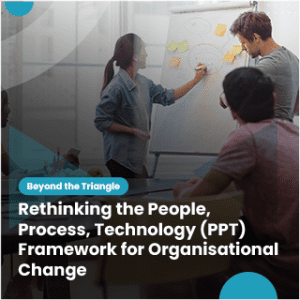

It’s well known that people usually leave their managers and not companies but even more important is the ecosystem or culture that provides necessary tools to the line managers in helping design a thriving workplace. So, let’s talk about the 3 C’s which should be part of the ‘’Talent Engagement and Retention’’ strategy, especially in all knowledge-based industries.
1. Culture – As the world stumbles toward a post-pandemic recovery, employee turnover is a reality and hence organizations need to focus on cultivating employee engagement. It’s clear that engaged employees perform better, experience less burnout, and stay longer. Organizations that understand this and are able to help employees cue into their personal purpose either by making the jobs more meaningful at work or providing tools to help them connect with what they care about outside working hours will do well. In addition, a culture based on recognizing employees & giving them more autonomy will go a long way in retaining people in today’s fast-changing talent market.
2. Career Planning – Hiring good people is tough, but as every leader knows, keeping them is even tougher and hence the art of crafting a career plan is a necessary skill for everyone in leadership. Today’s employees have high expectations of their employers, and it goes far beyond just a paycheck. The workforce wants to know that they’re making a difference within their companies and hence it’s important for leaders to do effective career planning for people thereby ensuring they have the ‘right people in the right seat on the bus.’ For example, if an employee enjoys speaking with clients, increasing tasks that enable face-to-face interactions can make the job more engaging. Employers must ask for feedback and support employees looking to branch out in these ways.
While once an employee decides to move on and has put in a resignation, it’s usually late to change her/his mind and get them to stay back, there are genuine cases where employees can be motivated to re-think and can be retained. (Read Retention Interview Questions)
3. Compensation – Compensation is a key factor in the context of a person’s work experience. However, truly talented people aren’t highly motivated by money alone. Feeling special is far more important to them and Managers need to respect a few never-dos:
- Listen & never dismiss their ideas
- Never block their development
- Enable them to be successful
- Not creating a high-growth work environment
- Not setting the right goals or expectations
So, leaders need to make sure that compensation packages have a clear connection with the merit of an employee and that the rewards program is well communicated and applied fairly and consistently across the entire organization. When compensation is managed carefully, it aligns people’s behaviour with the company’s strategy and generates better performance. But when it’s managed poorly, the effects can be devastating: the loss of key talent, demotivation, and misaligned objectives.
Trust your top talent, show them the NorthStar and let them execute and they will help you achieve some of the most complex goals.





